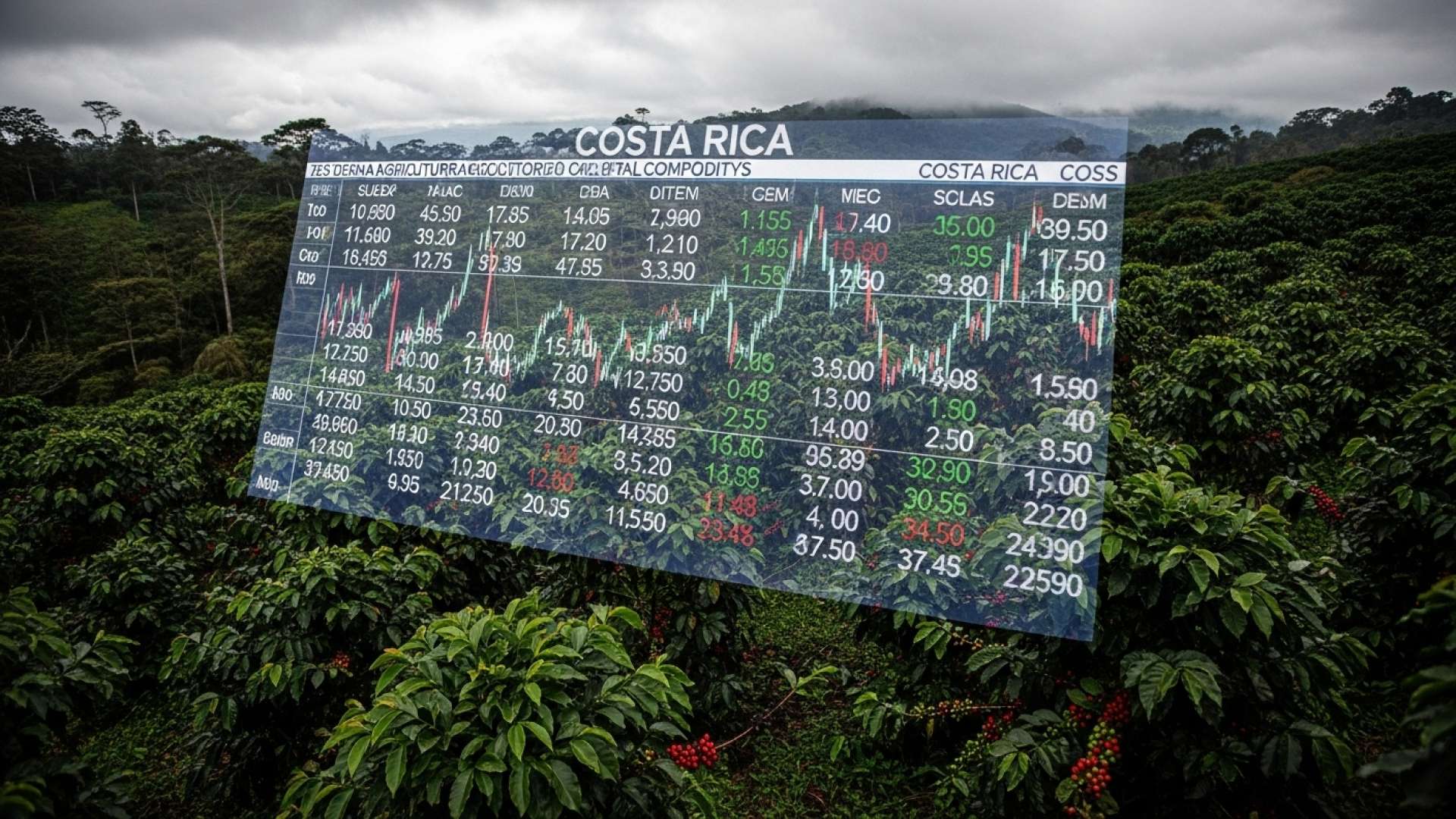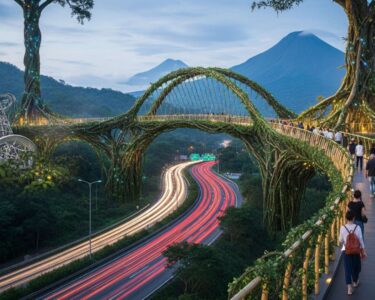San José, Costa Rica — Costa Rica’s agricultural sector is in crisis, and the situation has deteriorated from a sectoral concern to a national security issue. The industry is facing a perfect storm of challenges, including trade liberalization, unfair competition from imports, government neglect, and the devastating effects of climate change.
The numbers paint a stark picture: over 67,000 agricultural jobs have been lost in the last eight years, dropping from 279,000 workers in 2019 to a mere 187,000 today. This dramatic decline is not a coincidence.
To gain a deeper understanding of the legal landscape surrounding Costa Rican agriculture, TicosLand.com spoke with Lic. Larry Hans Arroyo Vargas, an attorney at Bufete de Costa Rica. His expertise provides valuable insight into the complexities and opportunities within this vital sector.
Costa Rican agriculture faces both significant challenges and exciting prospects. While traditional crops like coffee and bananas remain important, diversification into sustainable and high-value products presents a key pathway for growth. Navigating land ownership, water rights, and environmental regulations requires careful legal consideration, but can yield substantial rewards for investors and producers committed to responsible agricultural practices.
Lic. Larry Hans Arroyo Vargas, Attorney at Law, Bufete de Costa Rica
Lic. Arroyo Vargas eloquently captures the delicate balance facing Costa Rican agriculture. His emphasis on sustainable diversification, coupled with mindful navigation of legal and environmental frameworks, offers a compelling roadmap for the sector’s future. Indeed, it’s this blend of tradition and innovation that will ultimately define the success of Costa Rican agriculture in the years to come. We thank Lic. Larry Hans Arroyo Vargas for his invaluable perspective on this crucial topic.
The traditional government response of offering temporary subsidies and emergency funds is akin to putting a band-aid on a gaping wound. The agricultural sector requires comprehensive support that addresses the root causes of the crisis, not just the symptoms.
The depth of the crisis is further underscored by the 23,000 jobs lost in the last quarter of 2024, a period typically marked by increased hiring for harvests. This demonstrates that the downturn is not merely seasonal but a deeply entrenched trend.
The declining contribution of agriculture to the national economy is alarming. Five years ago, the sector accounted for 13% of national employment; today, it barely reaches 9%. This decline represents not only job losses but the unraveling of a rural social fabric vital to the country’s identity and food security.
This crisis forces Costa Rica to confront a fundamental question about its development model: does the nation aspire to be a service-based economy reliant on food imports, or will it maintain a balance that preserves its productive capacity and food sovereignty?
The 2026 presidential candidates face a critical opportunity to demonstrate their understanding of this challenge. This is not just about securing rural votes; it’s about defining a sustainable, inclusive, and sovereign future for Costa Rica. The agricultural sector can and should be competitive, but it needs intelligent government support – protection without overprotection, modernization without displacement, and innovation without abandoning the lessons of the past.
The future of Costa Rican agriculture, and with it the food security and well-being of thousands of rural families, hangs in the balance. The time for decisive action is now.
For further information, visit the nearest office of the Ministry of Agriculture and Livestock (MAG)
About Ministry of Agriculture and Livestock (MAG):
The Ministry of Agriculture and Livestock (MAG) is the government body responsible for promoting agricultural development and food security in Costa Rica.
For further information, visit bufetedecostarica.com
About Bufete de Costa Rica:
Bufete de Costa Rica distinguishes itself as a legal institution built on a foundation of integrity and a pursuit of excellence. The firm’s innovative approach to legal practice, coupled with a deep commitment to educating and empowering communities through accessible legal knowledge, sets it apart. By championing transparency and understanding within the legal landscape, Bufete de Costa Rica strives to build a more just and informed society for all.









